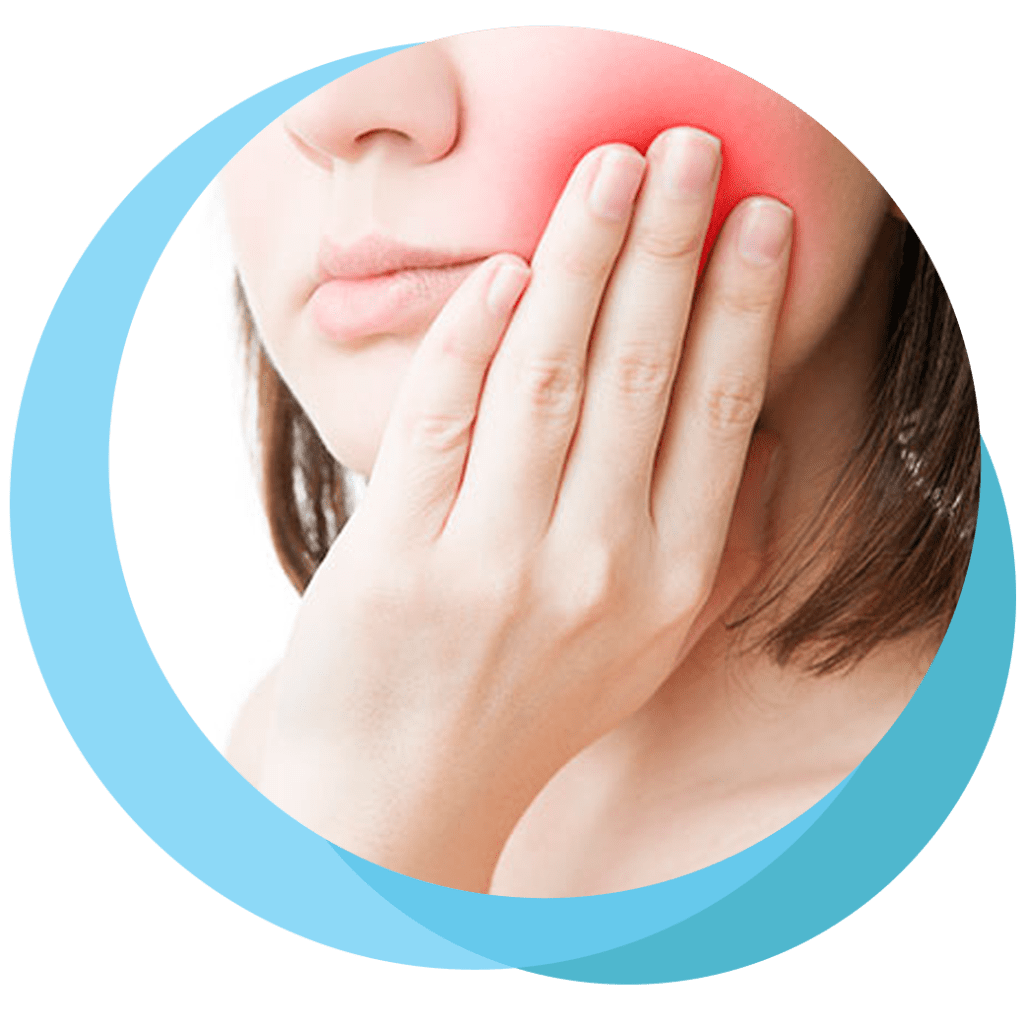Attention-Deficit/Hyperactivity
Disorder (ADHD) is a neurodevelopmental disorder characterized by difficulties in sustaining attention, controlling impulses, and managing hyperactivity. While these symptoms are commonly associated with daytime activities, their impact on sleep is often overlooked. Individuals with ADHD involve frequently experience sleep disturbances, which can exacerbate their symptoms and significantly impair their quality of life. Understanding the complex relationship between ADHD and sleep is crucial for developing effective strategies to improve rest.
The Link Between ADHD and Sleep Disturbances
Sleep disturbances are highly prevalent among individuals with ADHD. Research suggests that up to 70-80% of children and adolescents with ADHD experience sleep problems, while around 50-70% of adults with ADHD also report difficulties with sleep. These disturbances can manifest in various forms, including:
Delayed Sleep Phase Syndrome
Individuals with ADHD often have a delayed circadian rhythm, leading to difficulty falling asleep at a conventional bedtime and struggling to wake up in the morning.
Insomnia
Persistent difficulty initiating or maintaining sleep is common among individuals with ADHD. Racing thoughts, restlessness, and hyperactivity can contribute to insomnia symptoms.
Restless Legs Syndrome (RLS) and Periodic Limb Movement Disorder (PLMD): These conditions, characterized by uncomfortable sensations in the legs and involuntary leg movements during sleep, are more prevalent in individuals with ADHD.
Sleep-Disordered Breathing
Conditions such as sleep apnea and snoring are more prevalent in individuals with ADHD, further disrupting sleep architecture and quality.
Fragmented Sleep
Individuals with ADHD often experience frequent awakenings throughout the night, leading to fragmented sleep and decreased sleep efficiency.
Impact of Poor Sleep on ADHD Symptoms
The bidirectional relationship between ADHD symptoms and sleep disturbances exacerbates the challenges faced by individuals with ADHD. Poor sleep can intensify ADHD symptoms during
Improving sleep hygiene and implementing evidence-based strategies are essential for managing sleep difficulties in individuals with ADHD. The following strategies can help promote better sleep.
Establishing a Consistent Sleep Schedule
Maintaining a regular sleep-wake schedule, including weekends, helps regulate the circadian rhythm and improve sleep quality. Going to bed and waking up at the same time each day reinforces the body’s internal clock.
Creating a Relaxing Bedtime Routine
Engaging in calming activities before bedtime, such as reading, listening to soothing music, or practicing relaxation techniques like deep breathing or meditation, signals the body that it’s time to wind down.
Optimizing the Sleep Environment
Creating a comfortable and conducive sleep environment is essential for promoting restful sleep. Ensure that the bedroom is dark, quiet, and cool, and invest in a comfortable mattress and pillows.
Limiting Stimulants and Screen Time
Avoiding caffeine, nicotine, and stimulating activities (e.g., watching TV, using electronic devices) close to bedtime helps prepare the body for sleep. The blue light emitted by screens can disrupt melatonin production and interfere with sleep onset.
Engaging in Regular Exercise
Regular physical activity during the day promotes better sleep quality and can help reduce ADHD symptoms. However, it’s important to avoid vigorous exercise too close to bedtime, as it may be stimulating.
Dietary Considerations
Adopting a balanced diet and avoiding heavy meals, caffeine, and sugary snacks before bedtime can improve sleep quality. Some individuals with ADHD may benefit from dietary adjustments, such as increasing omega-3 fatty acids or magnesium intake.
Cognitive-Behavioral Therapy for Insomnia (CBT-I)
CBT-I is a structured, evidence-based approach to treating insomnia that addresses maladaptive thoughts and behaviors related to sleep. It can be particularly beneficial for individuals with ADHD who struggle with sleep onset and maintenance.
Medication Management
In some cases, healthcare providers may prescribe medication to address sleep disturbances in individuals with ADHD. However, medication should be used judiciously and under the guidance of a qualified healthcare professional, as there may be potential side effects and interactions with ADHD medications.
Conclusion
Sleep disturbances are a common and significant challenge for individuals with ADHD, exacerbating their symptoms and impairing their overall functioning. Recognizing the bidirectional relationship between ADHD and sleep is essential for developing effective strategies to promote better rest. By implementing evidence-based approaches such as maintaining a consistent sleep schedule, creating a relaxing bedtime routine, optimizing the sleep environment, and addressing underlying factors contributing to sleep difficulties, individuals with ADHD can improve their sleep quality and enhance their overall well-being. Working closely with healthcare providers and adopting a holistic approach to managing ADHD and sleep disturbances can empower individuals to lead healthier, more fulfilling lives.




